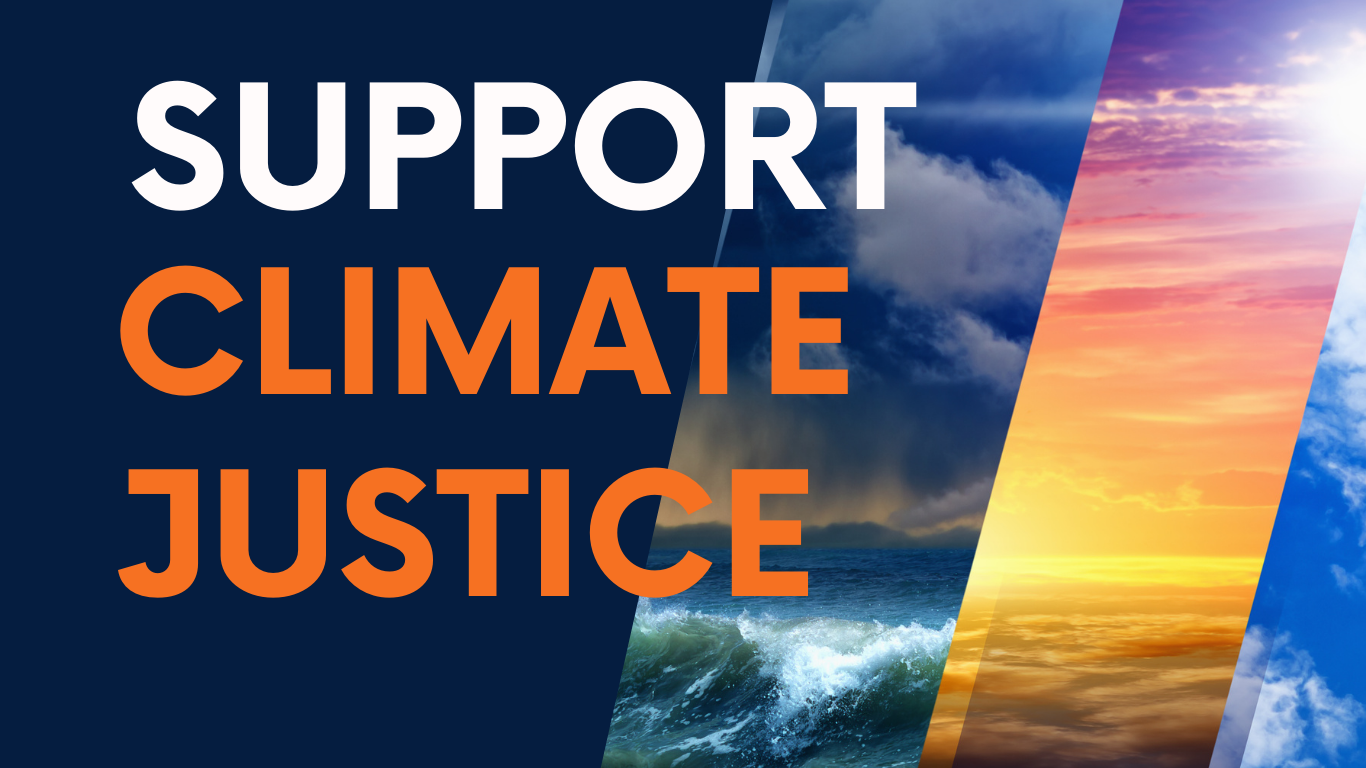by Marco Lopez
The world has been turning it’s attention to the immense, yet often undervalued, and untapped power of the sun. While the efforts to normalize solar as a household energy option is still lackluster, in the world’s current exploration of sustainable energy solutions, it has taken center stage. Yet, in many regions most vulnerable to climate change, solar power – or any power for that matter – is still a fleeting dream. This needs to change. And fast.
Harnessing the Power of the Sun
The basics. Solar energy harnesses the power of the sun through photovoltaic cells, converting sunlight into electricity. It’s a perpetual and clean source of energy, and the process is surprisingly simple. These cells absorb photons (sunlight), releasing electrons and generating an electric current.

Reducing Carbon Footprints
One of the most significant benefits of solar energy is its contribution to reducing carbon footprints. The major obstacle in addressing man-made climate change is the insatiable demand for fossil fuels. By replacing traditional energy sources that rely on fossil fuels (coal, oil, and gas), solar power and other renewable sources of energy can cut down greenhouse gas emissions.

On this topic, the matter of the waste generated from out-of-service solar panels and storage batteries is also an area of concern. The lifespans for most batteries is about 5 years, while panels last up to 25 years – those components however when out of use can pile up in junkyards and create a significant carbon footprint on their own.

Inequitable Economic Advantages of Solar Energy
Concerned about your escalating energy bills? Solar panels might be the solution. The initial investment might seem daunting, especially for low-income and no-income families living within the global south.
Although the long-term savings can be significant, those benefits are oftentimes not available to those most in need and at risk of climate impact. While the average American homeowner can save thousands over the lifespan of their solar panels, the average family within global south countries will have limited access to that clean energy source or those savings.

Job Creation and Economic Growth
The solar industry isn’t just about clean energy; it’s also a powerhouse for job creation. According to the International Renewable Energy Agency (IRENA), the renewable energy sector employed 12 million people globally in 2019, with solar energy accounting for a significant portion. Training persons living in climate-vulnerable nations is a no-brainer and a matter of equity and climate justice.
Applications of Solar Energy
Beyond just homes and businesses, solar energy is making steady waves in transportation. Solar-powered cars and buses are becoming increasingly viable, presenting a sustainable alternative to traditional vehicles. Let’s not mention the cost to rain on the parade of clear cruising. We’re here for it. In Belize, a pilot project to roll out solar buses within the city limits is underway. Let’s see how it goes.

Solar Desalination
Water scarcity is a growing concern worldwide, especially in arid regions. Solar desalination is a process that uses solar energy to remove salt and other impurities from seawater, providing a sustainable source of freshwater. This technology, while still in its infancy phase, can be a life-changing solution to the looming water crisis and climate change.

Solar Energy Storage Solutions
Batteries and Grid Independence
While solar energy is abundant during the day, storing it for use at night or on cloudy days has been a challenge. However, advancements in battery technology are changing the game, allowing individuals and communities to achieve greater energy independence. These batteries however can break the bank, again, limiting low-income nations and individuals from accessing the technology. The hope is as time progresses, the prices of these components are reduced and made more accessible.

Overcoming Challenges
As technology continues to evolve, so does the efficiency and accessibility of solutions. The hope is for rapid acceleration of renewable technology in order to expedite accessibility to those most in need. This requires buy-in and funding, and in this critical time, perhaps a little nudging. From transparent solar panels to solar paint, the possibilities are expanding – it has to expand for everyone.
While solar energy is a key player in shaping a sustainable future, we must also acknowledge the challenges faced, especially in regions most at risk for climate change.
Yes, solar energy holds immense potential, but implementing it in economically disadvantaged and climate-vulnerable regions presents challenges. Limited resources, education, and infrastructure hinder widespread adoption, emphasizing the need for international collaboration and support.
In the pursuit of a cleaner, living tomorrow, we cannot forget those who need these solutions the most. By addressing these challenges collectively, we can ensure that the benefits of solar energy radiate to everyone, contributing to a more equitable and sustainable world.







